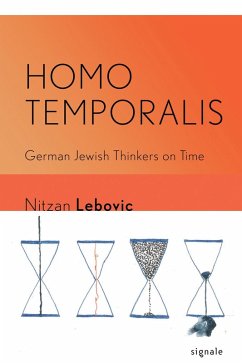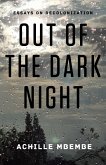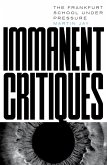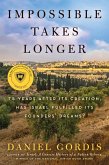Homo Temporalis focuses on the importance of temporal concepts for four German-Jewish thinkers who profoundly shaped twentieth-century intellectual history: Martin Buber, Walter Benjamin, Hannah Arendt, and Paul Celan. By stressing the concept of time in their thinking, Nitzan Lebovic challenges previous debates that have focused on identity, ideology, and territory. Through this temporal lens, he explores Martin Buber's stress on the temporality of the dialogue between I and Thou; Benjamin's NowTime and "dialectics in standstill;" Hannah Arendt's understanding of democracy as "natality" or a "permanent revolution;" and the "breathturn" that informs Celan's poetry.
In Lebovic's analysis, the time factor in their thought points to the centrality of one's own existence as an individual and within the community. Framing the reception of German-Jewish thinking in the second half of the twentieth century as a parallel story to the rise of the modern humanities, Homo Temporalis also highlights how these foundational temporal concepts also illuminate the causes of the present crisis of the humanities and its disciplinary limitations in the age of Biopolitics and the Anthropocene.
In Lebovic's analysis, the time factor in their thought points to the centrality of one's own existence as an individual and within the community. Framing the reception of German-Jewish thinking in the second half of the twentieth century as a parallel story to the rise of the modern humanities, Homo Temporalis also highlights how these foundational temporal concepts also illuminate the causes of the present crisis of the humanities and its disciplinary limitations in the age of Biopolitics and the Anthropocene.
Dieser Download kann aus rechtlichen Gründen nur mit Rechnungsadresse in A, D ausgeliefert werden.









